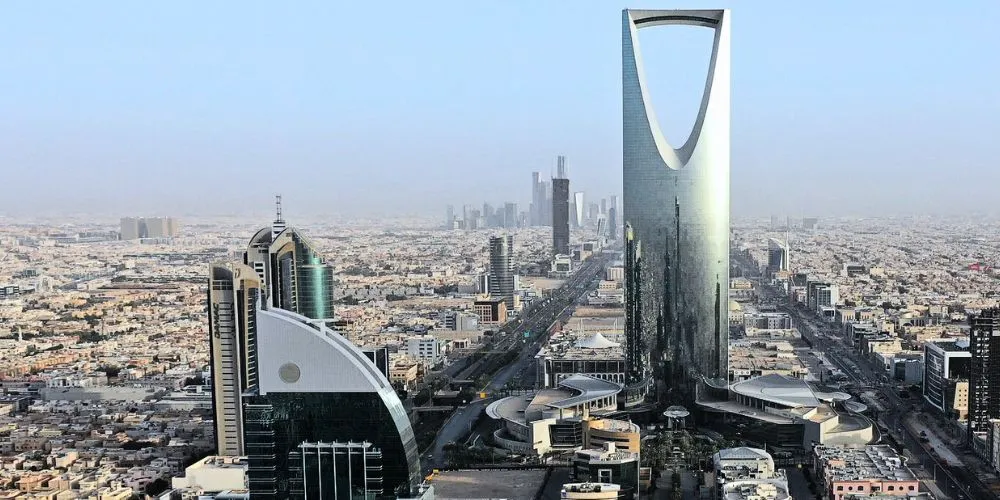Key Points
- Saudi Arabia’s current account balance is expected to turn negative, with a deficit of 0.1% of GDP in 2023 and 1.1% in 2025, averaging 2.9% from 2026-2029.
- The projected deficit is driven by declining oil prices and increased imports related to economic transformation projects.
- In 2022, Saudi Arabia had a significant current account surplus of nearly 14% of GDP due to high crude prices following geopolitical tensions.
- Despite the expected deficits, Saudi Arabia’s overall economic outlook remains strong, with robust non-oil growth, record-low unemployment, and contained inflation.
Saudi Arabia’s current account balance is projected to shift into a deficit as oil prices decline and imports surge due to massive projects aimed at transforming the economy, according to the International Monetary Fund (IMF). The IMF’s latest Article IV review of Saudi Arabia’s economy forecasts a current account deficit of 0.1% of gross domestic product (GDP) in 2023, widening to 1.1% by 2025. The deficit is expected to average 2.9% from 2026 to 2029.
This projection marks a stark shift from 2022 when the kingdom benefited from a significant current account surplus of nearly 14% of GDP, driven by crude prices that approached $130 a barrel following Russia’s invasion of Ukraine. However, oil prices have fallen sharply, with Brent crude currently trading around $73.50 per barrel, well below the level Saudi Arabia needs to balance its budget.
In a recent interview, Amine Mati, head of the IMF’s Middle East and Central Asia department, noted that if oil production and export revenues decline further, the current account deficit could become substantially larger. Despite these challenges, Mati emphasized that Saudi Arabia has sufficient foreign reserves to cover shortfalls, providing a buffer against the anticipated deficits.
Beyond the oil sector, the IMF highlighted the strength of Saudi Arabia’s broader economic outlook. Non-oil growth remains robust, driven by the kingdom’s ongoing economic diversification initiatives under the Vision 2030 plan. Additionally, the IMF pointed out that unemployment rates have fallen to record lows, and inflation is well-contained, partly due to the country’s currency peg to the US dollar, which helps stabilize prices.
The IMF’s findings underscore the delicate balance Saudi Arabia faces as it navigates the economic implications of fluctuating oil prices while pursuing ambitious development projects. The shift towards a current account deficit reflects external market pressures and the kingdom’s internal drive to diversify its economy from oil dependence.












